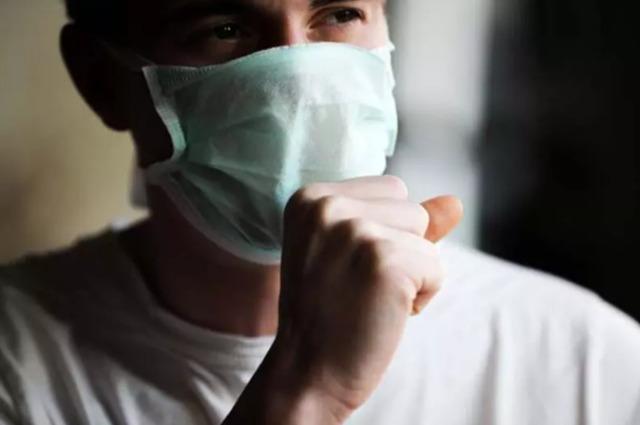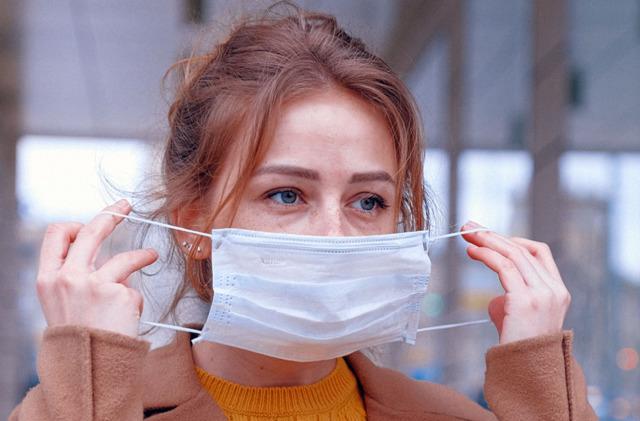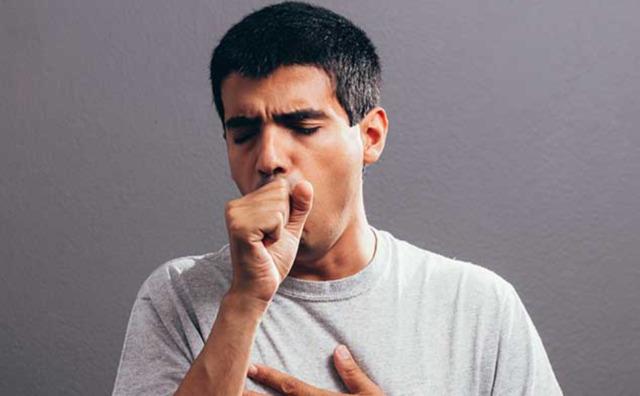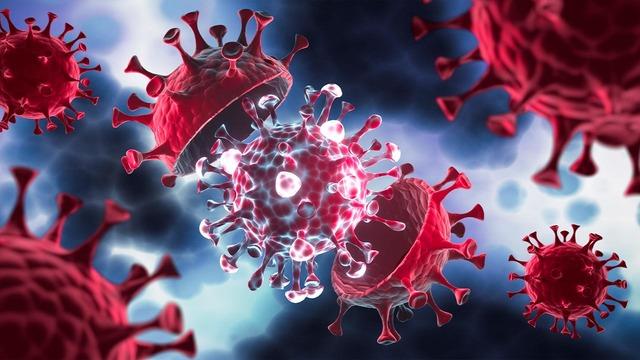While the countdown to New Year’s celebrations continues, a warning has been issued for citizens who will welcome the new year in crowded places. Prof. from the Department of Infectious Diseases said that a new type of omicron, one of the sub-variants of the coronavirus, has started to be seen recently. Dr. Vedat Turhan said, “Although the effect of the pandemic period has passed, the coronavirus continues to come to the fore with new variants. JN1, a new type of omicron variant of the coronavirus that has emerged recently, continues to spread. “In order to be protected, it is necessary not to spend time in closed and crowded places, to use a mask in such places, to pay attention to hand hygiene, and to strengthen the immune system,” he said.
MORE THAN 850 THOUSAND NEW CORONAVIRUS CASES WERE SEEN
Stating that New Year’s Eve may invite diseases, Prof. Dr. Vedat Turhan said, “Recently, a new sub-variant of coronavirus called JN1 has been observed. JN1; omicron is a subvariant of SARS-CoV-2 derived from BA.2.86, which has more than 30 mutations distinguishing it from the XBB.1.5 variant, and has an additional mutation compared to pyrrola. The World Health Organization also announced JN1 as a variant that should be taken into consideration. Although it is currently seen mainly in China, the USA and India, it may be possible to spread to different countries, considering the mobile population. According to new data from the Ministry of Health, more than 850 thousand new coronavirus cases have been seen in the world. Therefore, caution should be exercised,” he said.
“THOSE WITH CHRONIC DISEASES SHOULD BE MORE CAREFUL”
Prof. Dr. Turhan said that fever is among the declared symptoms of JN1 and said, “Symptoms such as muscle and joint pain, sore throat, and postnasal drip are reported. There is no data yet indicating that it is a fatal or serious disease. “But like every infection, this can negatively affect individuals with chronic diseases,” he said.

“SPEND THE NEW YEAR WITH YOUR NUCLEAR FAMILY”
Stating that flu cases have increased recently, Prof. Dr. Vedat Turhan said, “Following the coronavirus epidemic, flu cases are also increasing. Additionally, various bacterial infections are frequently seen in this process. All of these infections are transmitted through droplets. In other words, body fluids coming out of the mouth and nose during coughing, sneezing or speaking are transmitted to a different person. Being in crowded and closed environments also increases the risk of contamination. “For this reason, it would be appropriate to treat all these diseases on New Year’s Eve and spend the New Year’s Eve with the nuclear family, if possible, without being overcrowded,” he said.

“ANTIBIOTIC CANNOT BE USED IN VIRAL INFECTIONS”
Prof. pointed out that with the arrival of winter months, RSV, influenza and Covid-19 can be seen frequently, along with Rhinovirus, that is, the virus that causes flu and cold. Dr. Turhan said:
“Viral infections are treated with medications recommended by physicians. Antibiotics are not used in viral infection. Antibiotics have no effect on viral infection. In such diseases, antibiotics will not be of any use and may also cause the development of antibiotic resistance. For this reason, antibiotics should not be attempted. “Antibiotic treatment can only be started by doctors in case of suspicion of bacterial infection.”

“MASKS SHOULD BE USED IN OVERCROWDED ENVIRONMENTS”
Pointing out that the ways to protect against JN1 and other infections, which currently cause concern abroad, are similar, Prof. Dr. Turhan said, “A mask should be used in overcrowded environments. Hands should be washed regularly with soap and water. People who are thought to be sick should be avoided. If a person sees signs of disease, he should isolate himself. During this process, a healthy diet, regular exercise, attention to drinking water and sleep patterns should be maintained. “Attention should be paid,” he said.
DHA

